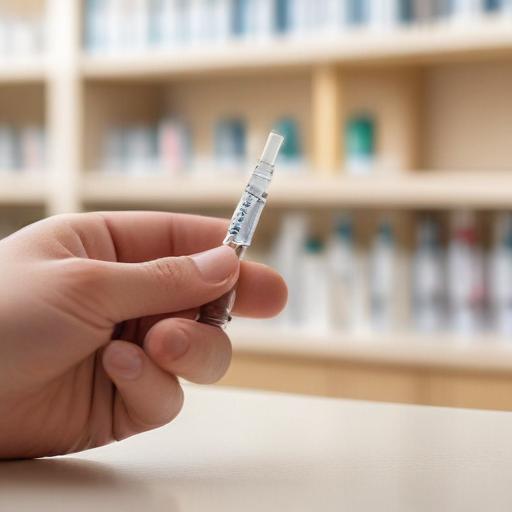Building trust with patients who are hesitant about vaccines requires a thoughtful approach that prioritizes connection and understanding. In the fast-paced environment of pharmacies, it can be challenging to engage in meaningful conversations. However, dedicating time to truly listen to patients fosters moments of connection that promote trust. Pharmacists can enhance this relationship by asking open-ended questions and demonstrating empathy, allowing them to grasp patients’ concerns, fears, or misconceptions without arguing or pushing too hard.
Identifying the underlying reasons for vaccine hesitancy is essential. Patients may have specific anxieties, such as apprehensions about mRNA technology used in COVID vaccines or the potential for adverse effects. By gently addressing these fears and providing clear, factual information tailored to individual concerns, pharmacists can help alleviate anxiety. For instance, clarifying whether a vaccine involves mRNA technology or offering alternatives that minimize certain side effects shows patients that their worries are acknowledged and validated. Recognizing that some hesitancy might stem from unclear reasons is also crucial; engaging in ongoing dialogues can facilitate understanding and acceptance over time.
Cultural sensitivity is another important element in building trust. Different cultural backgrounds come with varying histories and perspectives on vaccines and health care. Some communities may exhibit skepticism due to past experiences, while others may embrace immunization readily. By recognizing these nuances and meeting patients where they are—whether through sustained conversations or sharing accurate information at appropriate moments—pharmacists can demonstrate respect and empathy. Ultimately, cultivating trust hinges on consistent, patient-centered communication that honors individual concerns and cultural contexts.
This approach not only supports individual patients but may also contribute positively to community health outcomes, increasing vaccination rates and enhancing public confidence in healthcare providers. Fostering such relationships between pharmacists and patients is a step forward in addressing the critical public health challenge of vaccine hesitancy.
